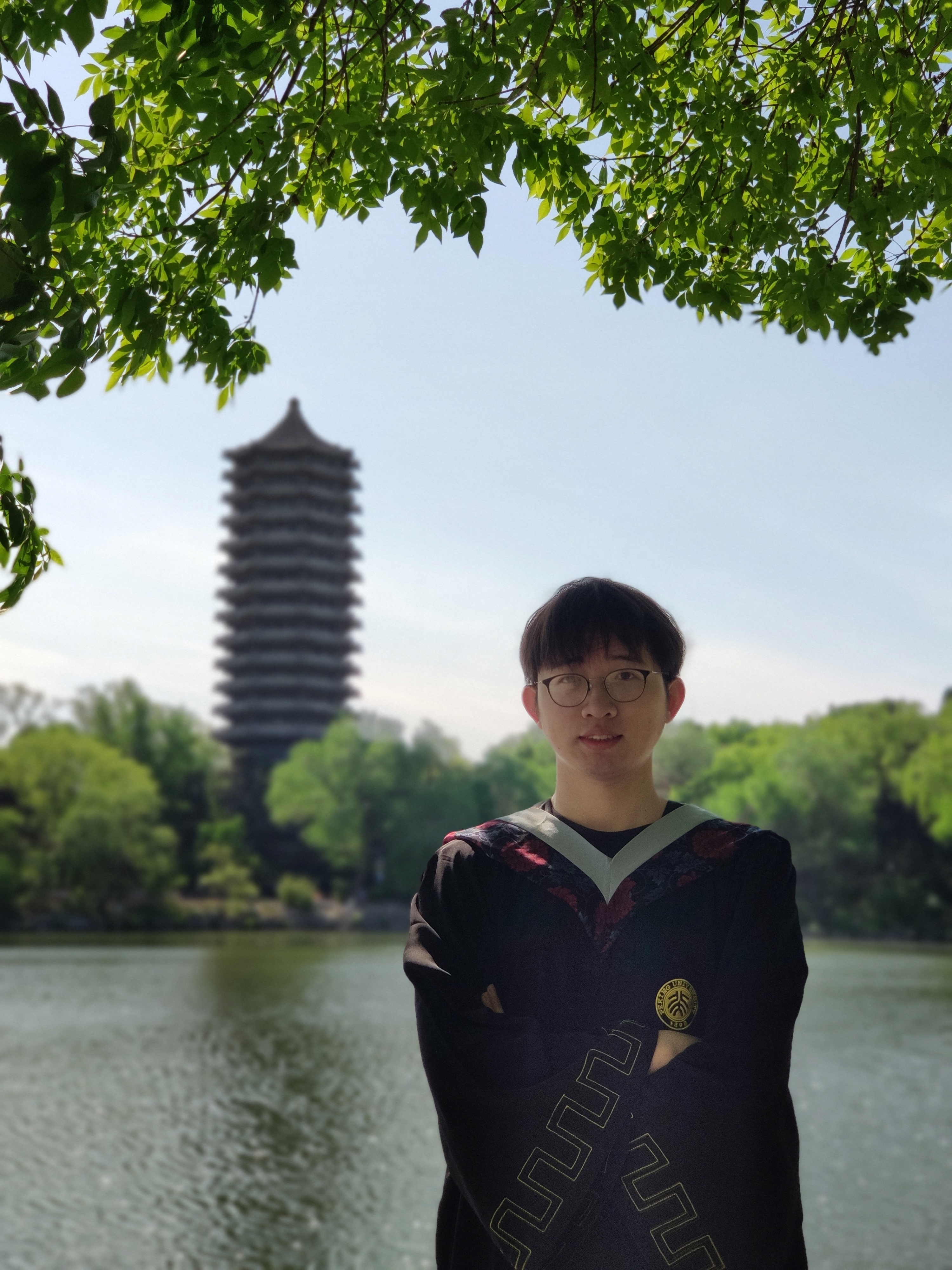Xinming Tu
Univerisity of Washington. Seattle.

Weiming Lake, Bo Ya Ta, Peking University
I am a third year PhD student at the Paul Allen School of Computer Science and Engineering at University of Washington supervised by Sara Mostafavi. Before my PhD, I earned BSs in Biology and Computer Science from Peking University. During my undergraduate, I did some bioinformatics research at Gao Lab. Please see my CV for more information.
My research interest is using machine learning to decipher the principle of genomics. Recently my research focused on regulatory genomics under cell state context, including sequence to function, multi-omics integration, perturbation modeling.
news
| Feb 7, 2023 | I posted my third blog - AI for General Science - Large language models for scientific hypothesis/research ideas generation |
|---|---|
| Jan 5, 2023 | This summer, I will join in the Aviv Regev’s Group at Genentech as a Research Intern, work with Romain Lopez. |
| Sep 14, 2022 | CLUE is accepted to NeurIPS 2022 as Oral presentation! See you in New Orleans! |
| Jun 30, 2022 | I posted my second blog - Collection of some resources related to the PhD journey |
| Feb 16, 2022 | I gave a talk about our CLUE method on the 9th Winter q-bio conference! |
latest posts
selected publications
2024
2023
- HDSRWhat Should Data Science Education Do with Large Language Models?Harvard Data Science Review, 2023